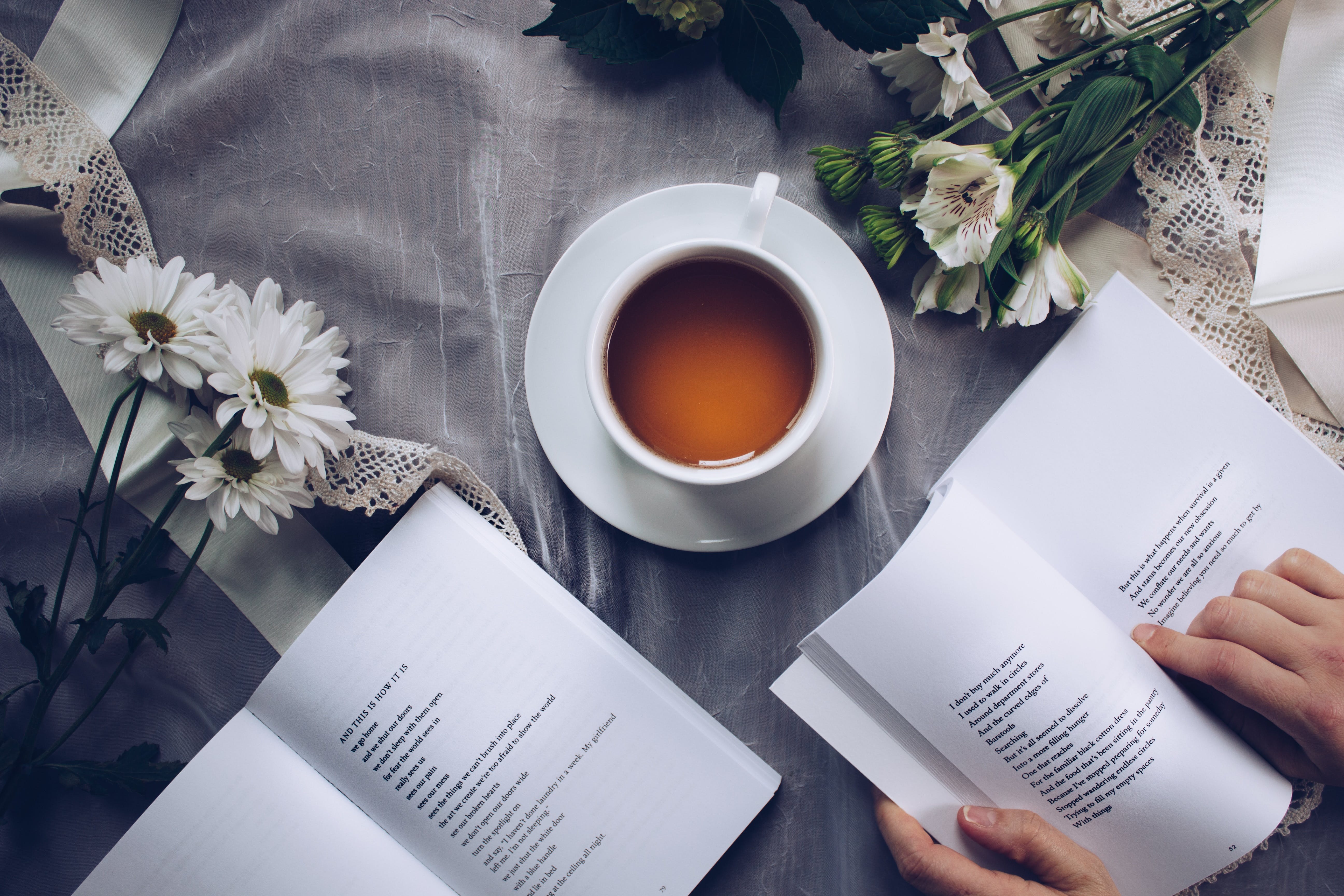Strategies for IGCSE Biology: Mastering Experimental Design

Experimental design is a cornerstone of biology, providing students with valuable insights into scientific inquiry, data analysis, and critical thinking. In the International General Certificate of Secondary Education (IGCSE) Biology curriculum, mastering experimental design is essential for understanding key biological concepts and principles. In this guide, we'll explore strategies for excelling in experimental design in IGCSE Biology, empowering students to conduct rigorous experiments and interpret their findings effectively.
Understanding Experimental Design
1. Purpose and Hypothesis:
- Clearly define the purpose of the experiment and formulate a testable hypothesis. The hypothesis should be based on prior knowledge, observations, and research.
2. Variables:
- Identify independent, dependent, and controlled variables. Independent variables are manipulated by the experimenter, dependent variables are measured or observed, and controlled variables are kept constant to ensure a fair test.
3. Experimental Procedure:
- Develop a detailed experimental procedure outlining the steps to be followed, materials required, and data collection methods. Ensure that the procedure is replicable and includes appropriate controls.
4. Data Collection and Analysis:
- Collect accurate and reliable data using appropriate tools and techniques. Analyze the data using statistical methods, graphs, and tables to identify patterns, trends, and relationships.
Strategies for Mastering Experimental Design
1. Review Experimental Techniques:
- Familiarize yourself with common experimental techniques and laboratory procedures used in biology, such as microscopy, chromatography, gel electrophoresis, and enzyme assays. Practice these techniques to build confidence and proficiency.
2. Understand Experimental Variables:
- Develop a clear understanding of independent, dependent, and controlled variables and their roles in experimental design. Pay attention to how changes in variables may affect the outcome of experiments.
3. Practice Designing Experiments:
- Practice designing experiments on a variety of biological topics, including genetics, ecology, physiology, and biochemistry. Consider different experimental setups, variables, and controls to address specific research questions or hypotheses.
4. Evaluate Experimental Design:
- Critically evaluate experimental designs from past papers, textbooks, or scientific articles. Identify strengths and weaknesses in experimental setups, such as potential sources of bias, confounding variables, or limitations in data collection methods.
5. Work Collaboratively:
- Collaborate with peers or classmates to design and conduct experiments. Discuss experimental ideas, troubleshoot challenges, and share insights and perspectives to enhance your understanding of experimental design principles.
Applying Experimental Design in IGCSE Biology
1. Investigate Biological Phenomena:
- Use experimental design to investigate biological phenomena, such as enzyme activity, osmosis, photosynthesis, or the effects of environmental factors on organisms. Design experiments that address specific research questions and contribute to scientific knowledge.
2. Analyze Experimental Data:
- Apply statistical analysis and data visualization techniques to interpret experimental results effectively. Identify trends, patterns, and correlations in the data and draw evidence-based conclusions supported by statistical significance.
3. Communicate Findings:
- Present experimental findings and conclusions in a clear, concise, and scientifically accurate manner. Write formal laboratory reports that adhere to standard scientific conventions and include relevant sections such as introduction, methods, results, discussion, and conclusion.
Conclusion
Mastering experimental design is a key skill in IGCSE Biology, enabling students to conduct rigorous experiments, analyze data, and draw meaningful conclusions. By understanding the principles of experimental design, practicing experimental techniques, and applying critical thinking skills, students can excel in designing and conducting experiments across various biological topics. Through hands-on experimentation and data analysis, students develop a deeper understanding of biological concepts and cultivate essential scientific skills that are invaluable for future academic and professional pursuits in the field of biology.




